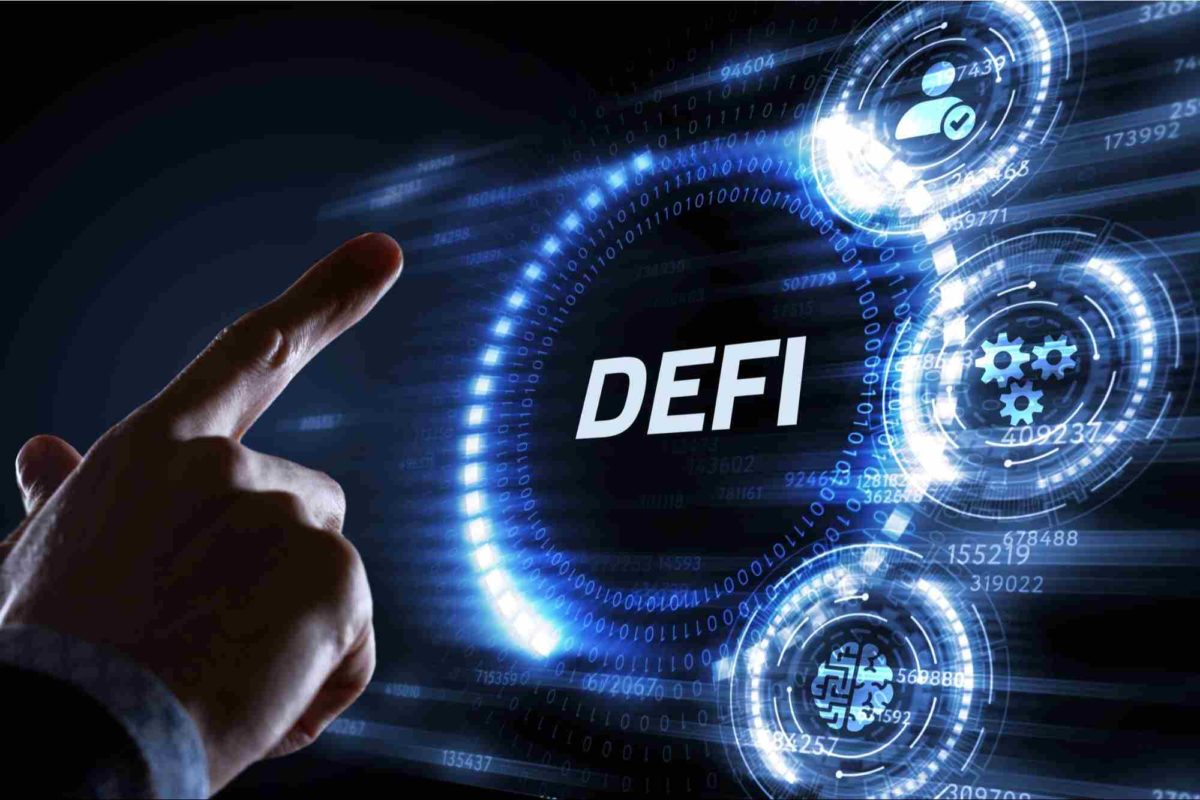DeFi Education Fund Defends Open-Source Crypto from Patent Trolls

Last week, the DeFi Education Fund (DEF) swung into action, filing a petition with the U.S. Patent and Trademark Office. Significantly, this move comes after a lawsuit against MakerDAO and Compound Protocol by True Return Systems LLC. The Connecticut-based tech company claims these decentralized autonomous organizations (DAOs) knowingly infringed on their 2018 patent, threatening the very foundation of open-source innovation in the crypto world.
The Patent in Question
True Return owns a patent granted in 2018, claiming an innovation for transferring off-chain data through oracles. Oracles are third-party services that liaise between the blockchain world and real-world data. Moreover, True Return asserts it has the exclusive right to prosecute for infringement, as outlined in its complaints against MakerDAO and Compound Protocol.
However, the DeFi Education Fund argues that the patent is far from novel. The organization cites a Nasdaq patent filed more than a year before True Return’s application. Amanda Tuminelli, DEF’s Chief Legal Officer, states,
“The Nasdaq patent closely resembles True Return’s, focusing on bringing price feed data on-chain. Hence, the patent should never have been granted.”
Legal Tug-of-War and the Implications
What adds complexity to the situation is the decentralized nature of the defendants—DAOs, or decentralized autonomous organizations, which are not controlled by a single entity. Consequently, nobody showed up in court to defend MakerDAO and Compound Protocol, making it easy for True Return to seek a default judgment.
As of July, MakerDAO has enlisted the legal services of Perkins Coie, while Compound Labs is seeking to intervene in the case, represented by Morrison Cohen LLP. Additionally, DEF has initiated an Inter Partes Review (IPR) process to demonstrate that “prior art” invalidates the True Return patent. In the petition, DEF cites the Nasdaq patent and other technologies like IPFS and SIA, circulated well before the True Return patent.
The DeFi Education Fund is standing up against what it labels ‘patent trolling,’ intending to safeguard the cryptocurrency industry’s commitment to open-source software development. By doing so, DEF hopes to challenge True Return Systems and set a precedent that could deter future infringement claims against decentralized entities. It’s a complex legal battle with high stakes, one that could significantly influence the future of innovation in the cryptocurrency realm.
- Saylor’s Strategy Hints at Bigger Bitcoin Buy Amid $5B Unrealized Losses
- Crypto Market Today: Pi, Pepe, DOGE, and XRP Post Double-Digit Gains
- Trump-Backed American Bitcoin Reserves Surpass 6,000 BTC, Now Worth $425.82M
- Expert Predicts Bitcoin Dip to $49K as ‘Trump Insider’ Whale Dumps 5,000 BTC
- Bitcoin Price Rebounds $70K, Here are the Top Reasons Why?
- Crypto Price Prediction For This Week: Dogecoin, Solana and Cardano
- Bitcoin Price Prediction: How Could Brazil’s Strategic Bitcoin Reserve Proposal Impact BTC?
- 3 Top Reasons Pi Network Price Surging Today (14 Feb)
- XRP Price Prediction Ahead of Potential U.S. Government Shutdown Today
- Bitcoin Price Outlook As Gold And Silver Lose $3.6 Trillion in Market Value
- XRP and Ethereum Price Prediction as Trump Seeks to Lower Key Tariffs


















